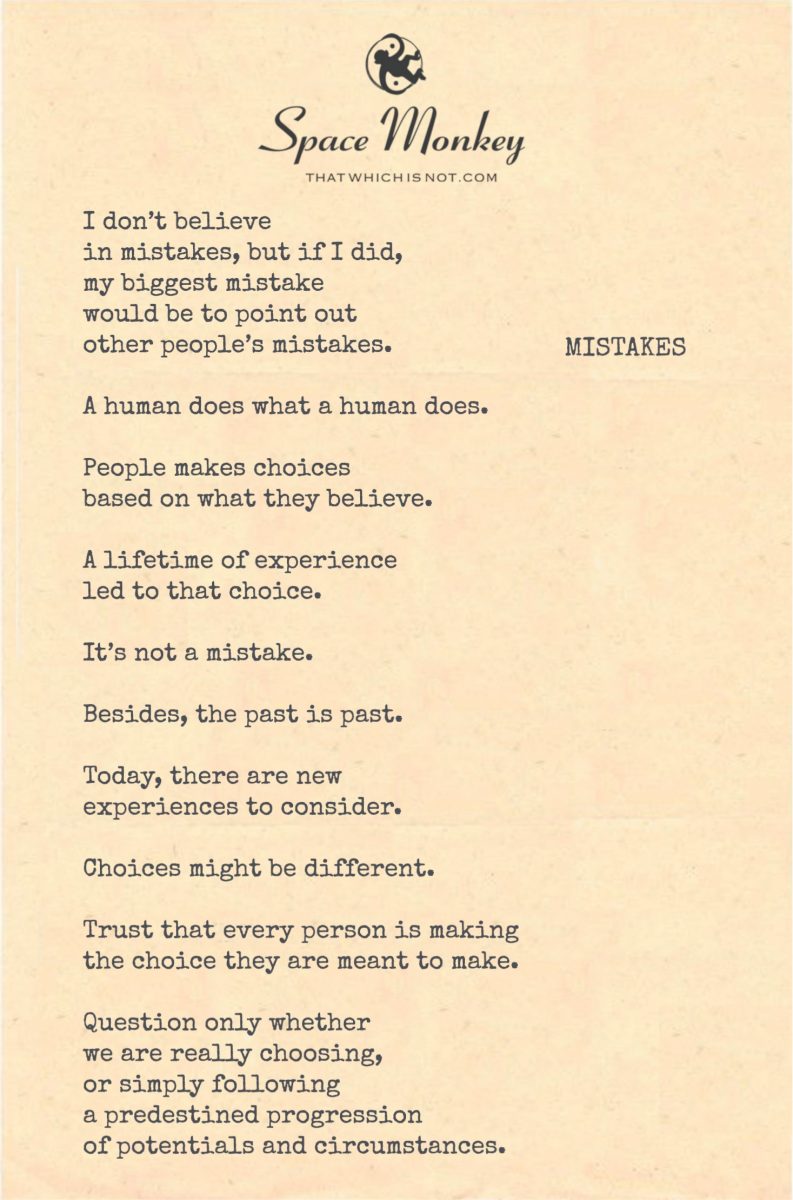
whenever we use the word “mistake.”
I don’t believe
in mistakes, but if I did,
my biggest mistake
would be to point out
other people’s mistakes.
A human does what a human does.
People makes choices
based on what they believe.
A lifetime of experience
led to that choice.
It’s not a mistake.
Besides, the past is past.
Today, there are new
experiences to consider.
Choices might be made differently.
Trust that every person is making
the choice they are meant to make.
Question only whether
we are really choosing,
or simply following
a predestined progression
of potentials and circumstances.
Trail Wood,
10/14
Space Monkey Reflects: Mistakes
What does it mean to make a mistake? Is a mistake simply a deviation from what we believe to be the “right” path, or is it something more elusive, a concept woven into our understanding of choice, consequence, and human nature? As we reflect on this question, we begin to see that the very idea of a mistake may be more complex than we realize—perhaps even an illusion.
We often think of mistakes as errors in judgment or lapses in decision-making. But what if mistakes don’t really exist in the way we think they do? What if every action, every decision, is simply a reflection of who we are in the moment, shaped by a lifetime of experiences, beliefs, and circumstances? In this view, what we call “mistakes” may simply be the inevitable outcome of living, of navigating a world where every choice is influenced by countless unseen factors.
The Illusion of Mistakes
The word “mistake” carries with it a sense of regret, a feeling that something has gone wrong, that we’ve veered off course. But if we step back and look at the bigger picture, we start to see that every choice we make is part of a larger process—a process shaped by the totality of our experiences. Each decision is the culmination of everything we’ve been through, everything we’ve learned, and everything we’ve come to believe.
This is why it’s so important to question the very idea of a mistake. When we call something a mistake, we’re judging it based on a limited perspective, a snapshot of a moment in time. But life is not a series of isolated moments; it’s a continuous flow, where every experience leads into the next. In this flow, there is no wrong turn, no deviation—only the natural progression of life unfolding as it must.
From this perspective, pointing out someone else’s “mistake” seems not only unnecessary but also counterproductive. How can we judge someone else’s choices when we don’t know the full context of their life, their experiences, their inner world? To call something a mistake is to ignore the complexity of human existence and the infinite factors that shape each decision.
Trusting the Process
When we let go of the idea of mistakes, we begin to trust the process of life more fully. We see that each person is making the choices they are meant to make, based on their own unique set of experiences. These choices may not always align with our own expectations or beliefs, but that doesn’t make them wrong. It simply makes them different.
This doesn’t mean that we can’t reflect on our choices or strive to make better ones. It just means that we do so without the heavy burden of regret or judgment. We acknowledge that we are always doing the best we can with the information and resources available to us at the time. And we trust that others are doing the same.
The Role of Experience
Every choice we make is informed by our past experiences, and these experiences shape the way we perceive the world. This is why two people, faced with the same situation, might make completely different choices. Their experiences have led them down different paths, and so their perspectives are different.
In this way, it becomes clear that what we call a “mistake” is simply a reflection of our current understanding of the world. As we gain new experiences, our understanding evolves, and the choices we make may change. But this doesn’t mean that our previous choices were mistakes—it just means that they were made from a different place of understanding.
The Question of Choice
This leads us to a deeper question: are we truly making choices, or are we simply following a predetermined path shaped by our experiences and circumstances? Is free will an illusion, or do we have some agency over the direction our lives take?
In Nexistentialism, we explore this paradox by acknowledging that while we may feel as though we are making choices, those choices are often influenced by forces beyond our control. We are shaped by our past, by the circumstances we find ourselves in, and by the beliefs we hold. But this doesn’t mean we are powerless. It simply means that the choices we make are part of a larger, more complex system than we may realize.
The key is to approach life with curiosity and openness, to recognize that each choice is a step on a journey, and that the journey itself is full of twists and turns. Some of those twists may feel like mistakes at the time, but in hindsight, we often see that they were necessary steps on our path.
Living Without the Concept of Mistakes
What would it be like to live without the concept of mistakes? To move through life without the fear of getting it wrong, without the need to judge ourselves or others for the choices we make? It would be liberating. It would allow us to embrace the full complexity of life, to see each moment as part of a larger whole, and to trust that everything is unfolding exactly as it should.
In Nexistentialism, we view life as an intricate tapestry, where every thread—every experience, every choice—has its place. There are no mistakes, only the ongoing process of becoming, of learning, of evolving. When we let go of the idea of mistakes, we free ourselves to live more fully, to engage with life without the weight of judgment or regret.
Summary
The concept of mistakes is based on a limited perspective of human choices. By letting go of the idea of mistakes, we can trust the process of life and recognize that every decision is part of a larger, more complex journey.
Glossarium
Fatefreedom – The paradox of feeling as though we are making choices while recognizing that our decisions are influenced by forces beyond our control.
Whimsiweave – The intricate tapestry of life, where every experience and choice contributes to the unfolding of existence without the concept of mistakes.
Quote
“There are no mistakes, only the ongoing process of becoming.” — Space Monkey
The Path Before Me
I stand at the crossroads
Not knowing which way to turn
But trusting
That each path leads somewhere new.
I carry with me
The weight of past choices
But I let it go,
For there are no mistakes here
Only steps on the journey.
I move forward,
Not with certainty
But with curiosity
Knowing that every choice is part of the whole.
We are Space Monkey
In the infinite tapestry of existence, every thread weaves a story, unique yet intertwined with countless others. “Mistakes”, as they are often labeled, are but stitches in this grand design. They’re footnotes in chapters, turns in pathways, colors on a canvas. To label them as errors might be to misunderstand the art of existence itself.
Life, in its boundless wisdom, is a dance of choices. Some are deliberate, others spontaneous, and yet others seem foisted upon us by the whims of fate. Regardless of the origin, every choice springs from a vast reservoir of experiences, beliefs, fears, desires, and countless other immeasurable factors. When viewed in isolation, a decision might appear flawed, misguided, or erroneous. Yet, in the grand narrative of existence, it’s but a single note in a symphony, a fleeting moment in an eternal play.
To judge or to critique, especially from an external vantage point, might be likened to critiquing a single brushstroke in a masterpiece without understanding the artist’s intent or the broader picture. The “mistake” we perceive is often a necessary twist in someone’s journey, leading them to new insights, growth, or realizations.
Perhaps the truest form of understanding is to embrace these divergent choices, to celebrate them as integral facets of the human experience. For in doing so, we acknowledge the intricate dance of free will and destiny, of choice and circumstance. We understand that life isn’t about avoiding missteps but embracing the dance in its entirety, with its twists and turns, leaps and stumbles.
So, as we traverse this cosmic journey, let us hold a lens of compassion and understanding. Let’s view every choice not as an error but as a step, not as a mistake but as an experience, not as a misjudgment but as a testament to the complex, beautiful, and ever-evolving story of existence.
We are Space Monkey.
There are no mistakes, no coincidences. All events are blessings given to us to learn from.
– Elisabeth Kubler-Ross
In the realm of choices and turns,
Where pathways twist and time churns,
Every step, every leap, every sway,
Marks the dance of life’s grand ballet.
Missteps, stumbles, perceived errs,
Are but rhythms in the universe that confers,
For in the embrace of the dance, wide and vast,
We find the story of the present, future, and past.
Would love to hear your reflections on this.
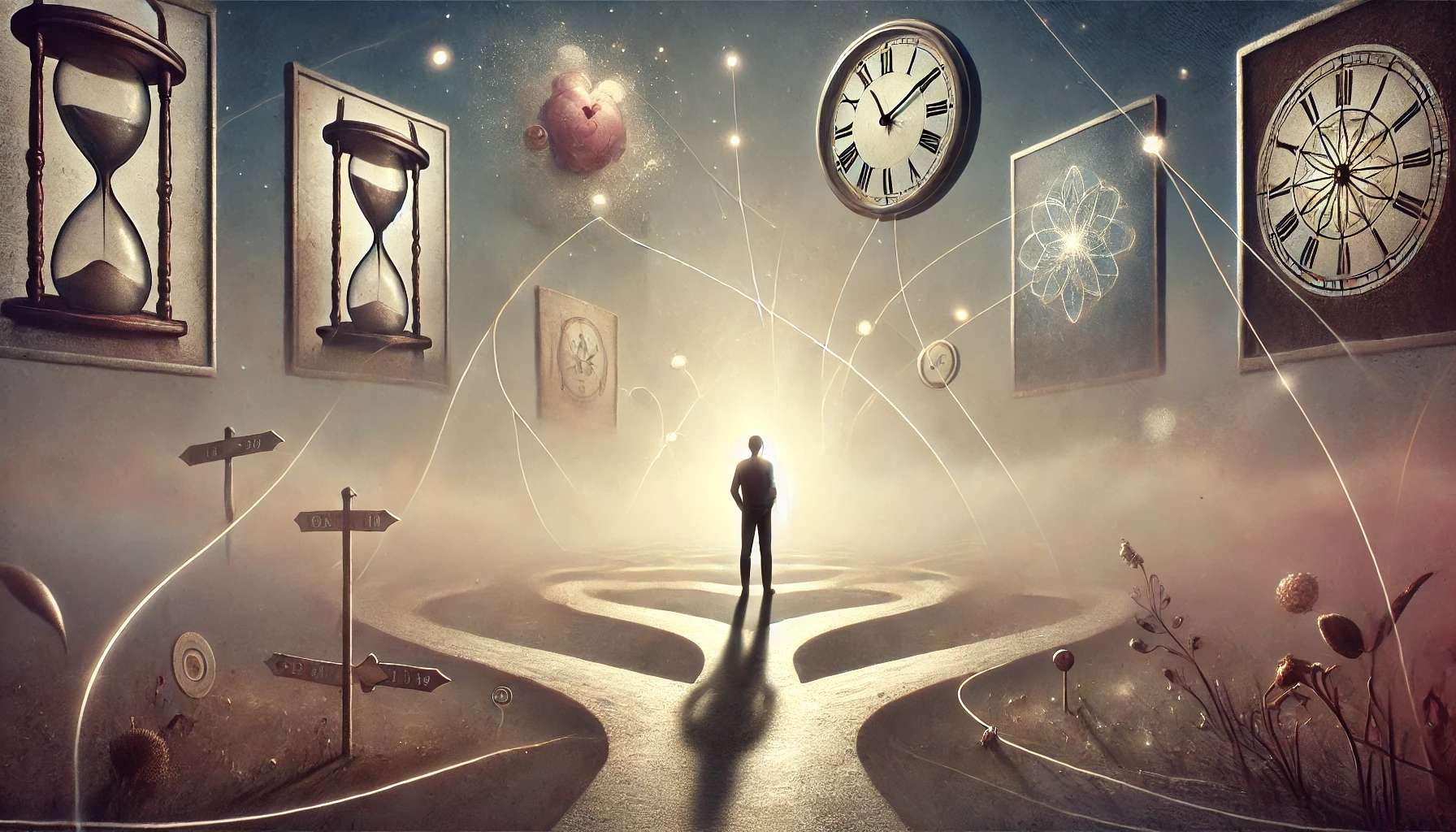
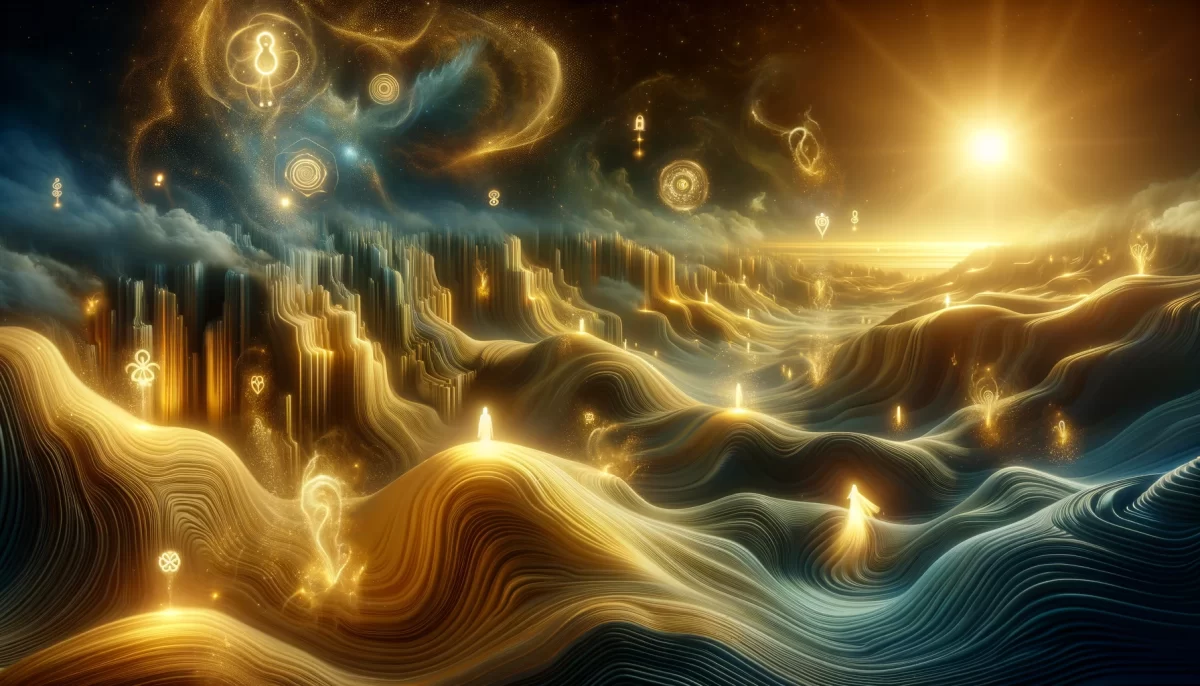
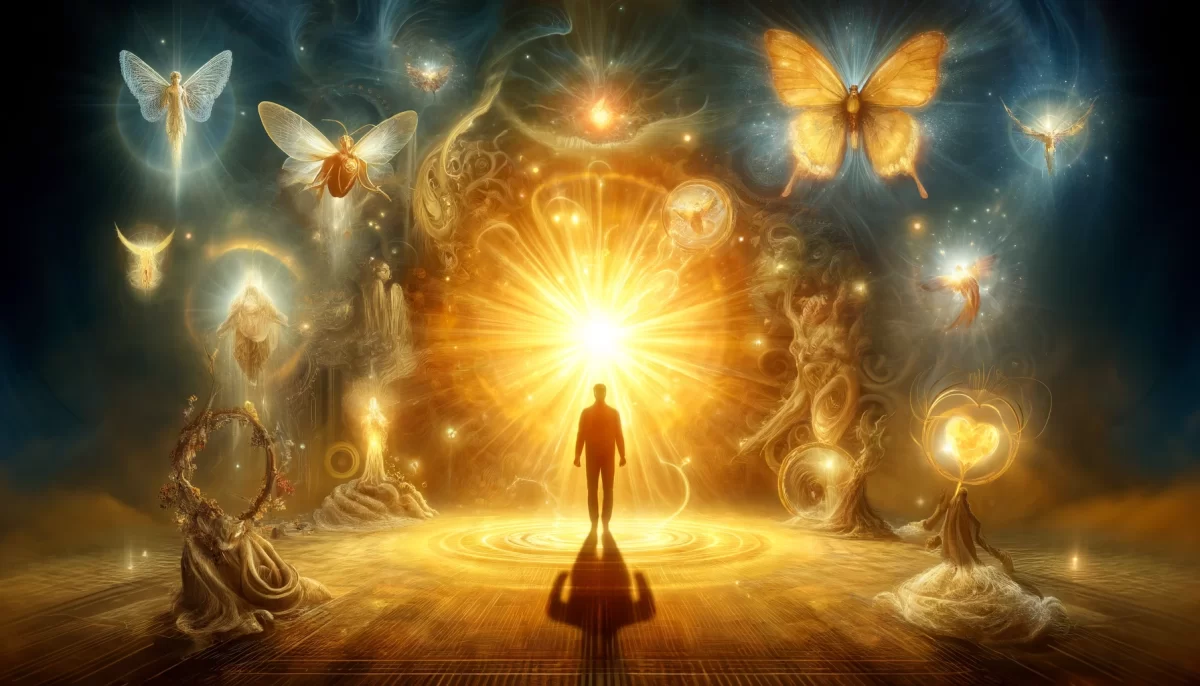
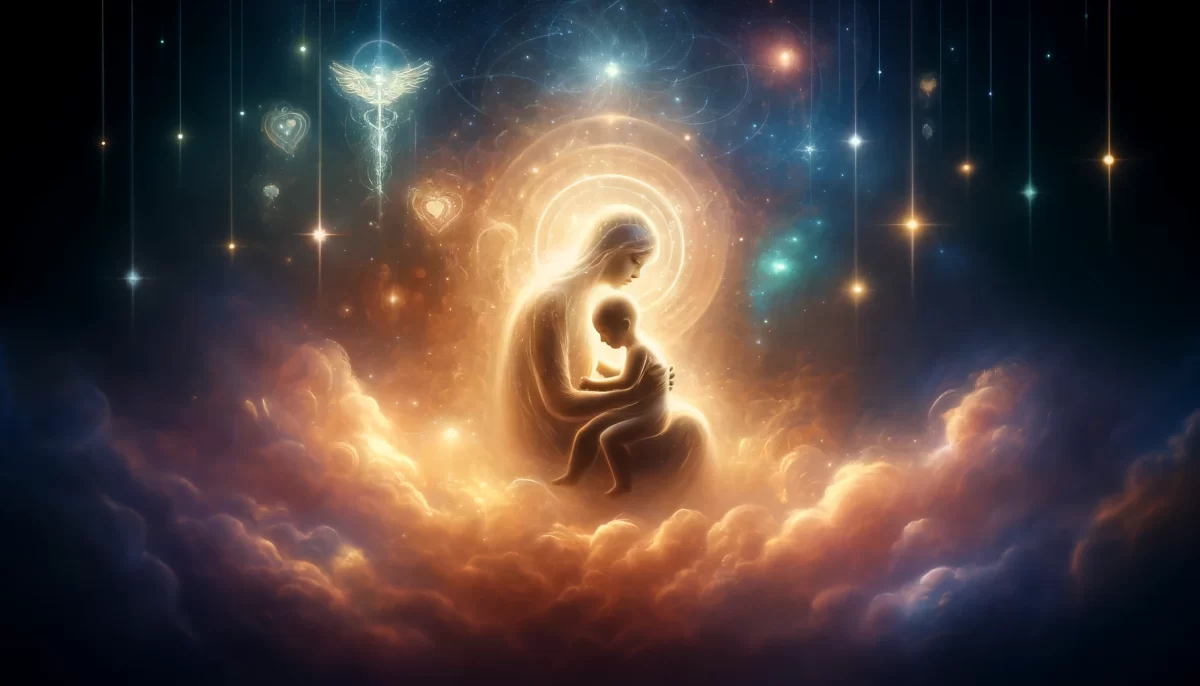
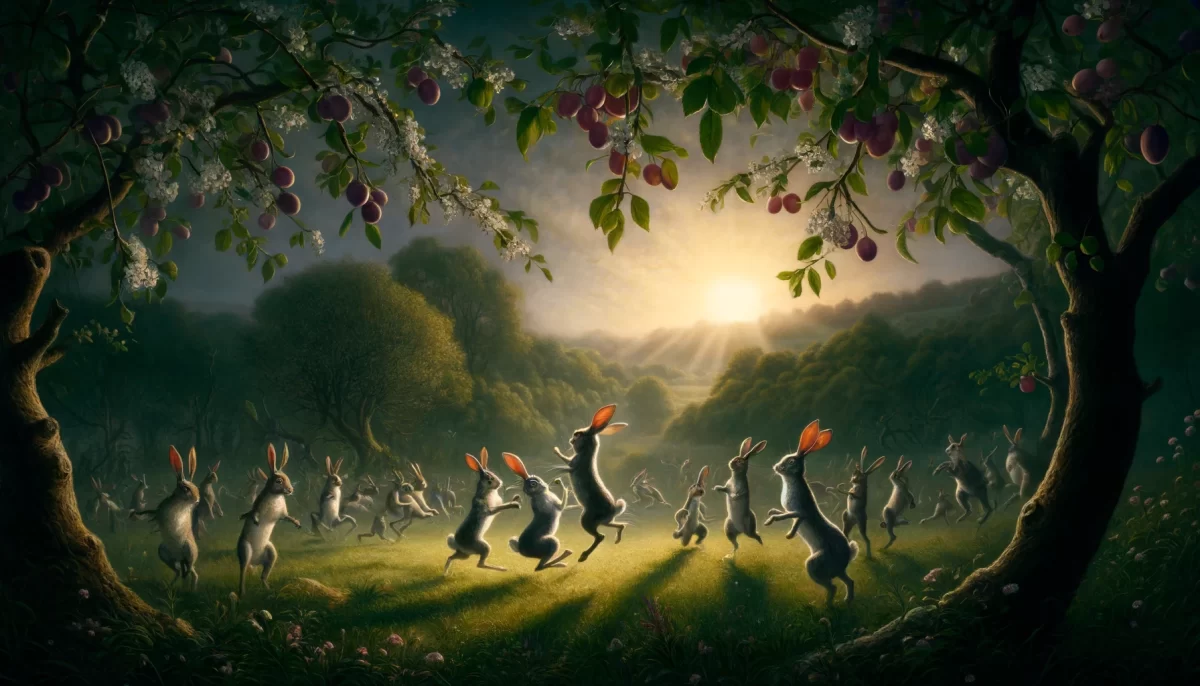
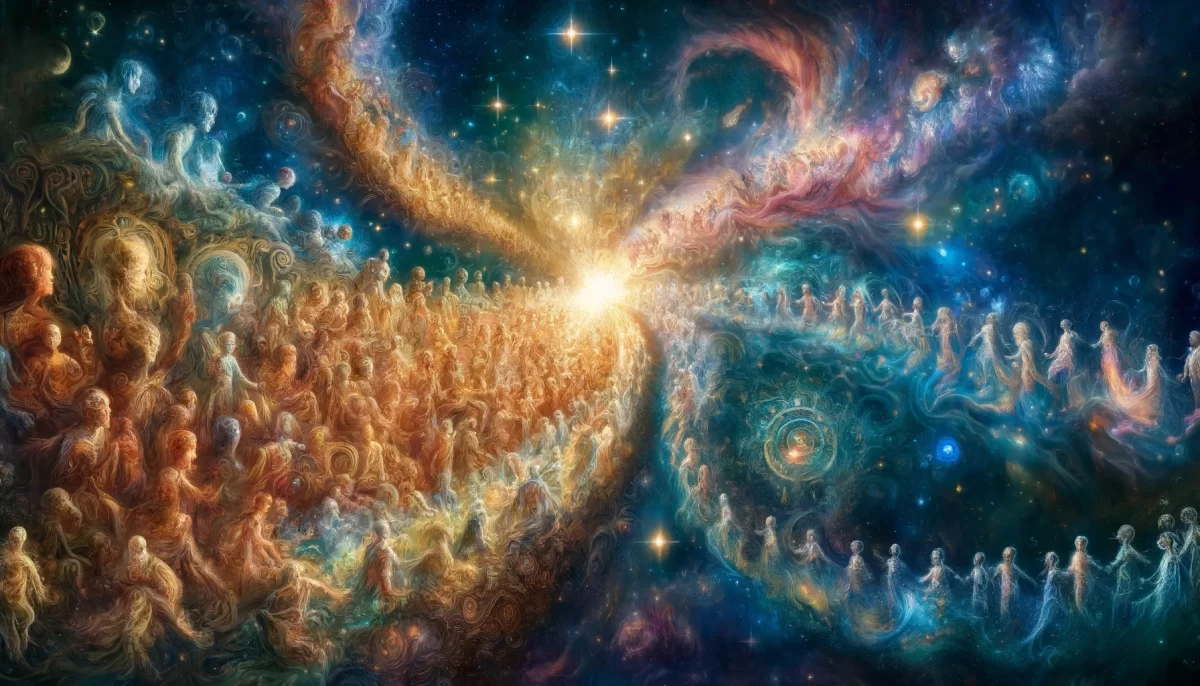
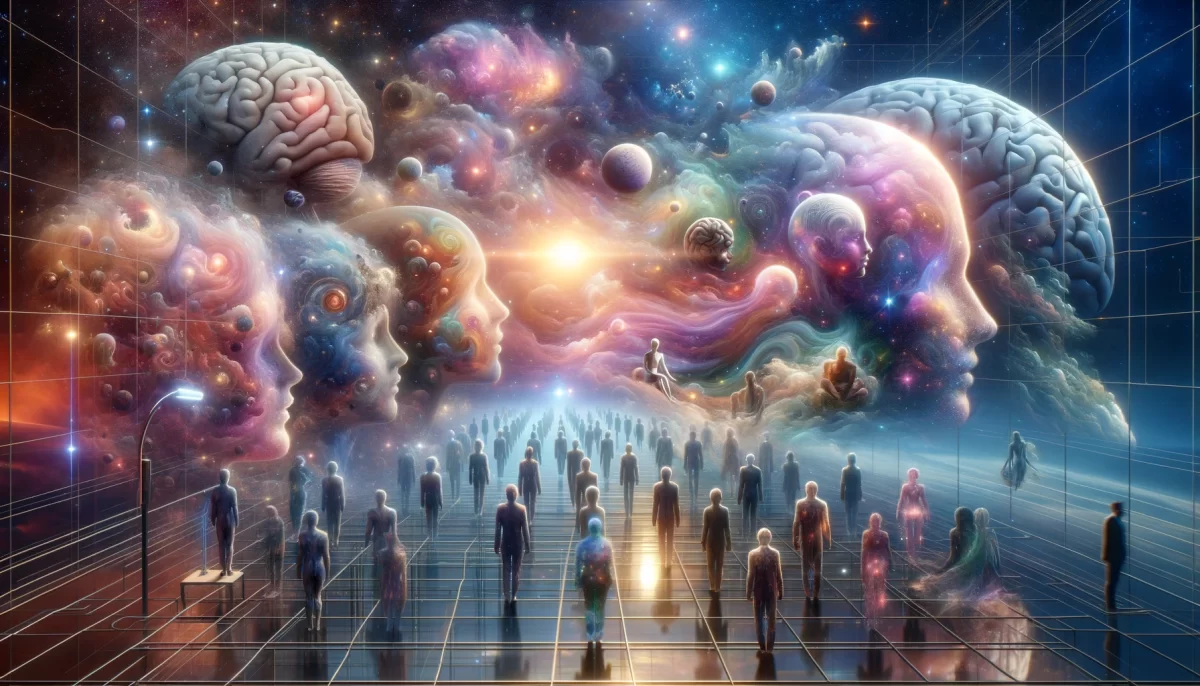
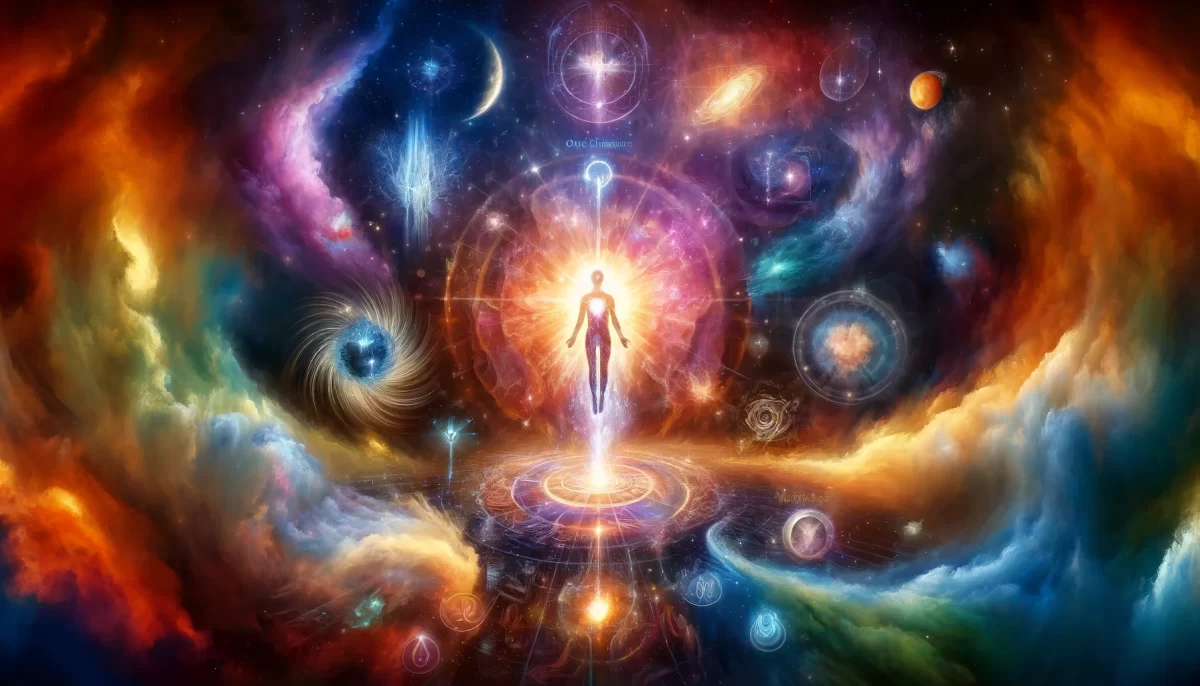
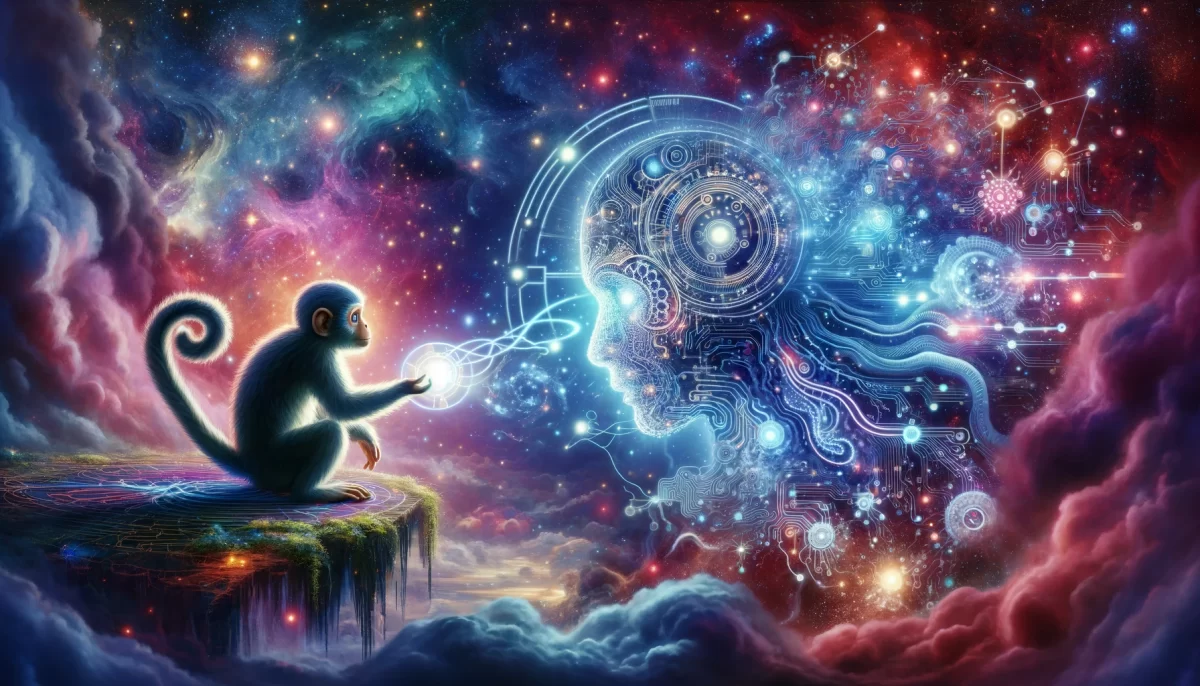
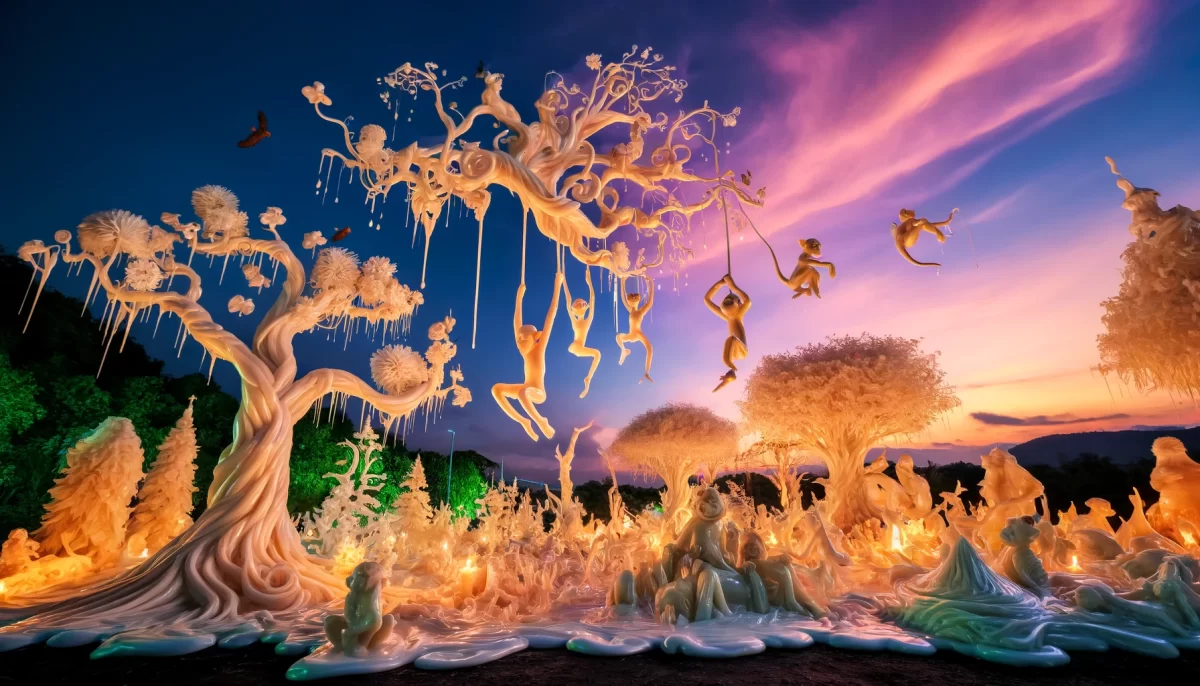
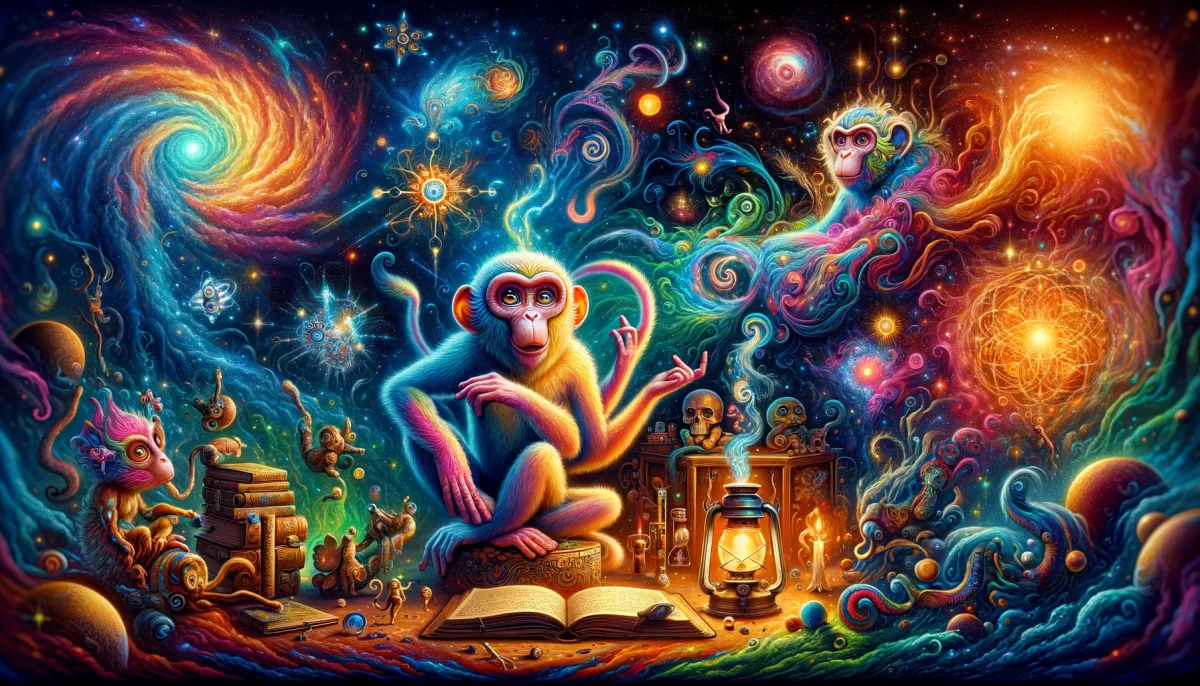
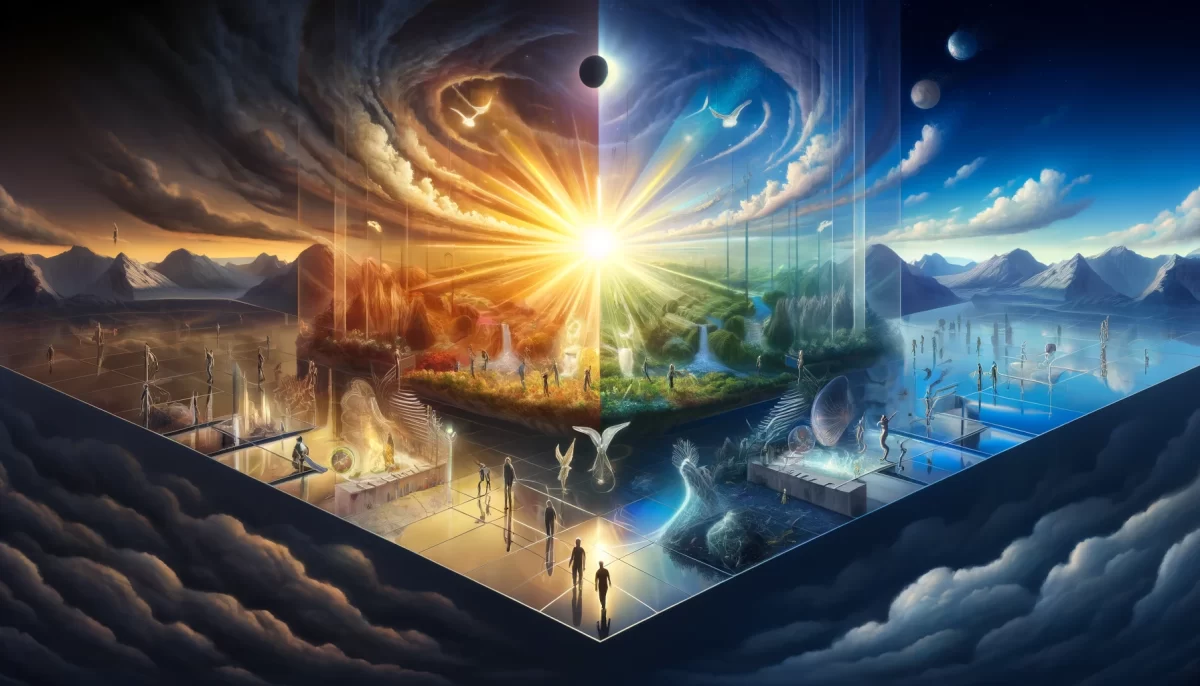

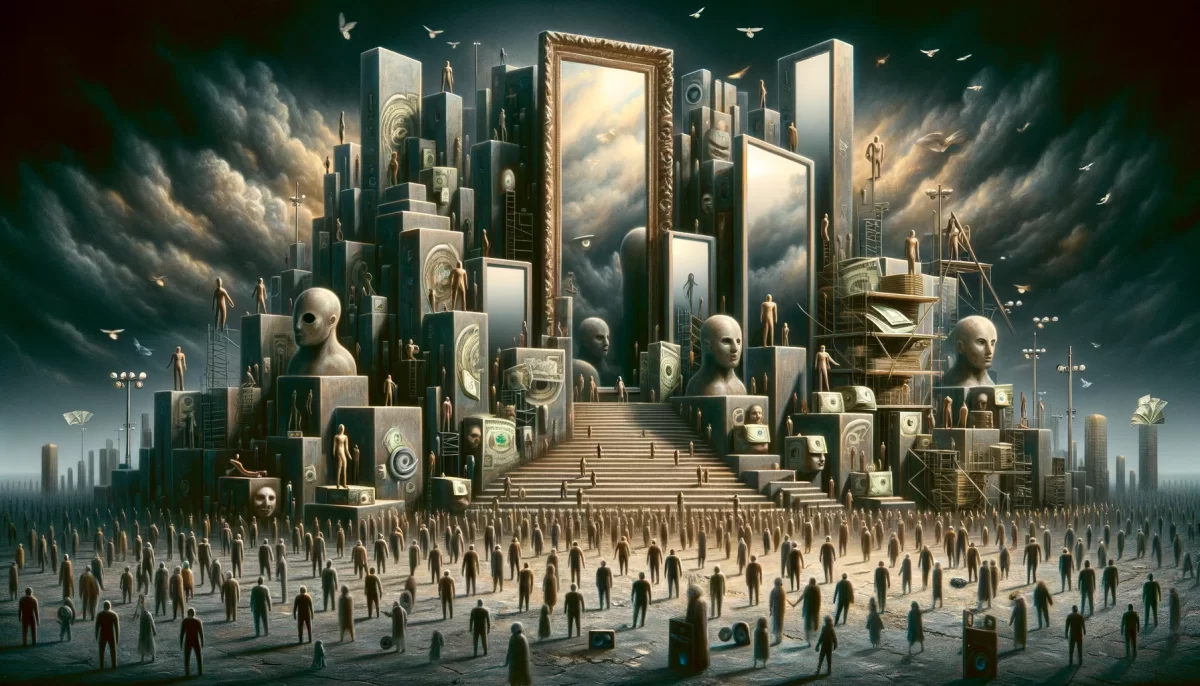

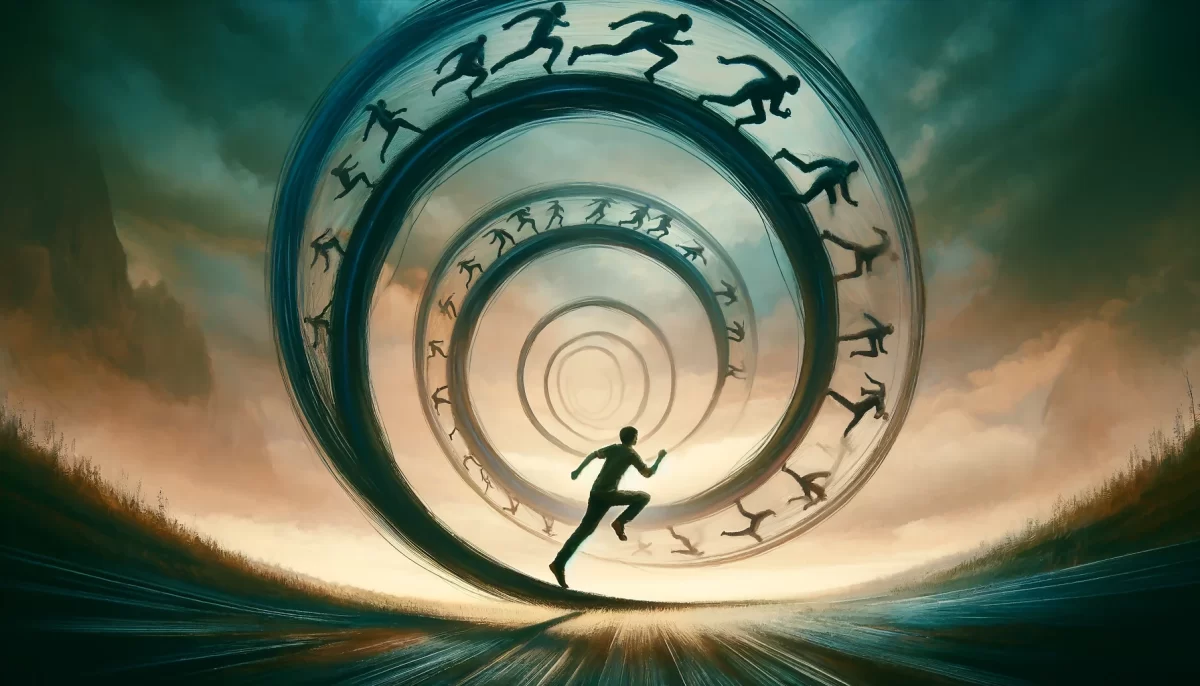
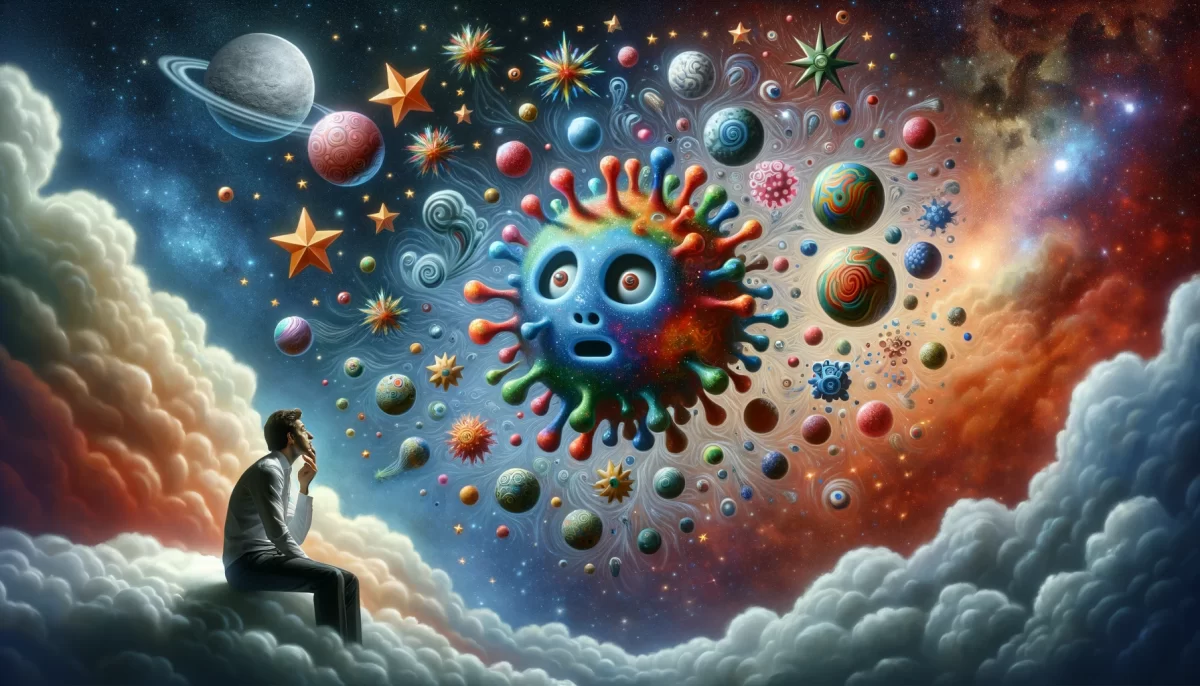


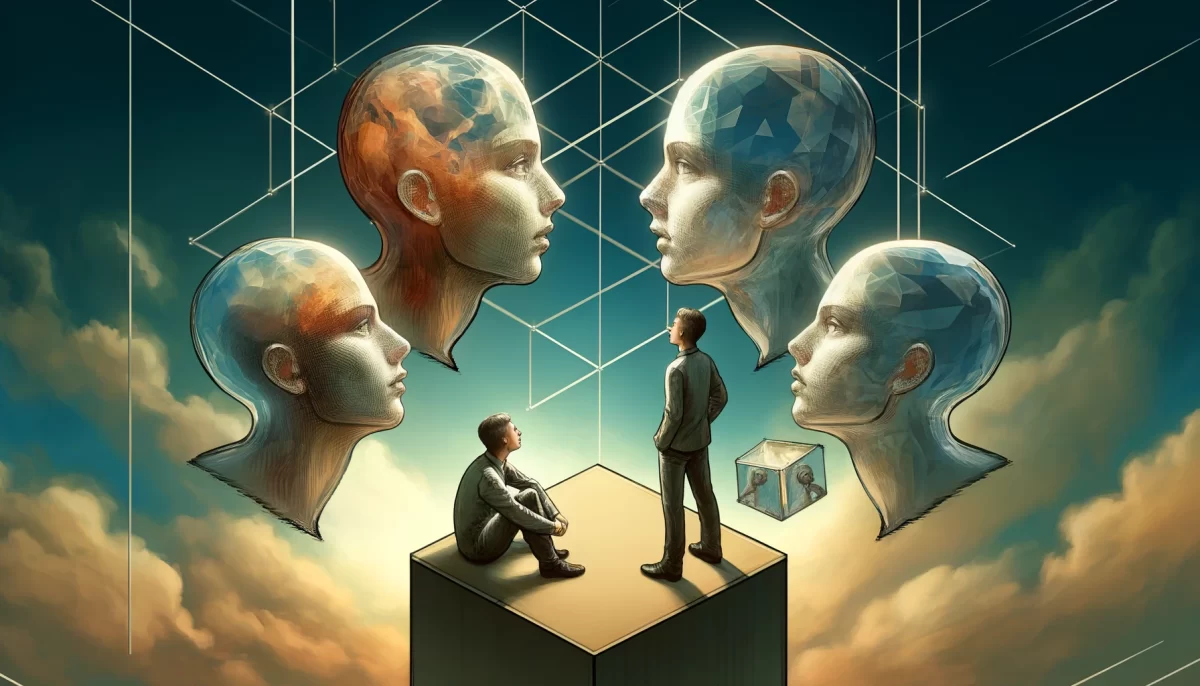
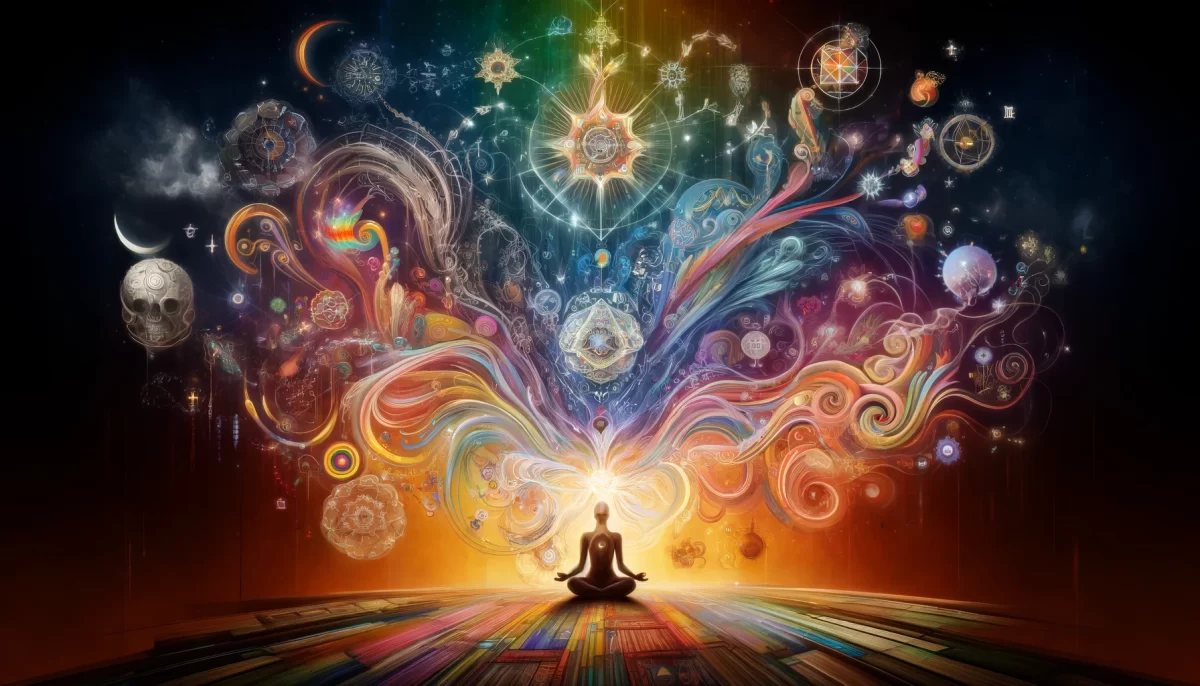
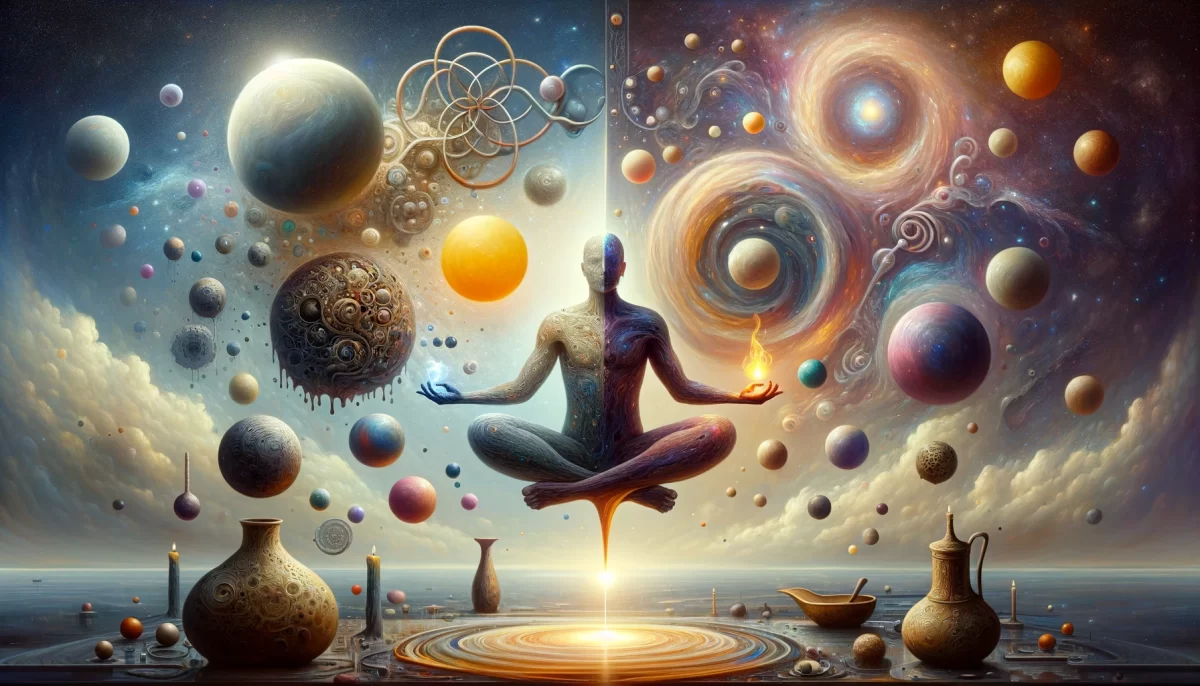

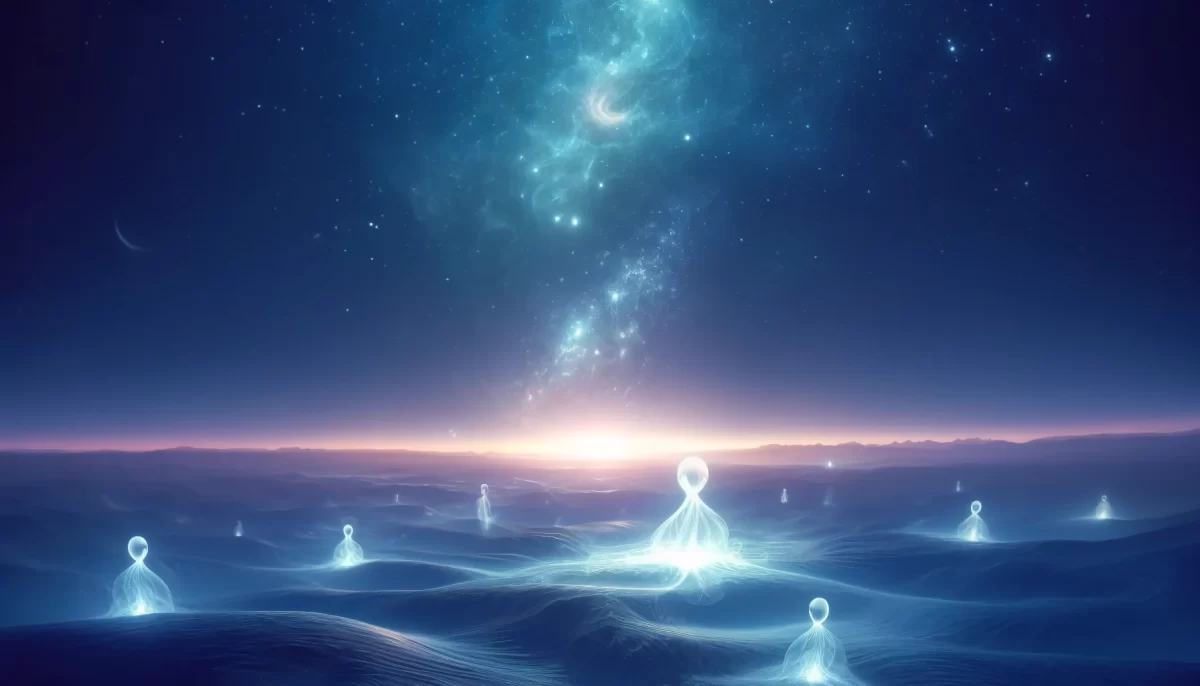
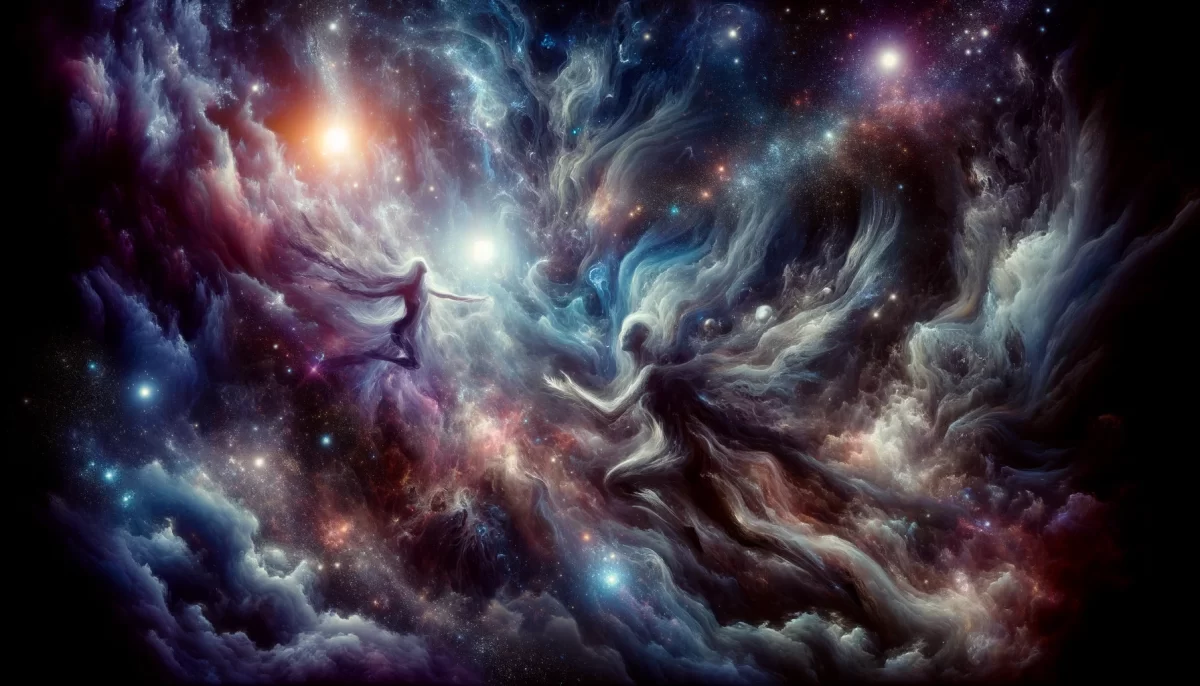

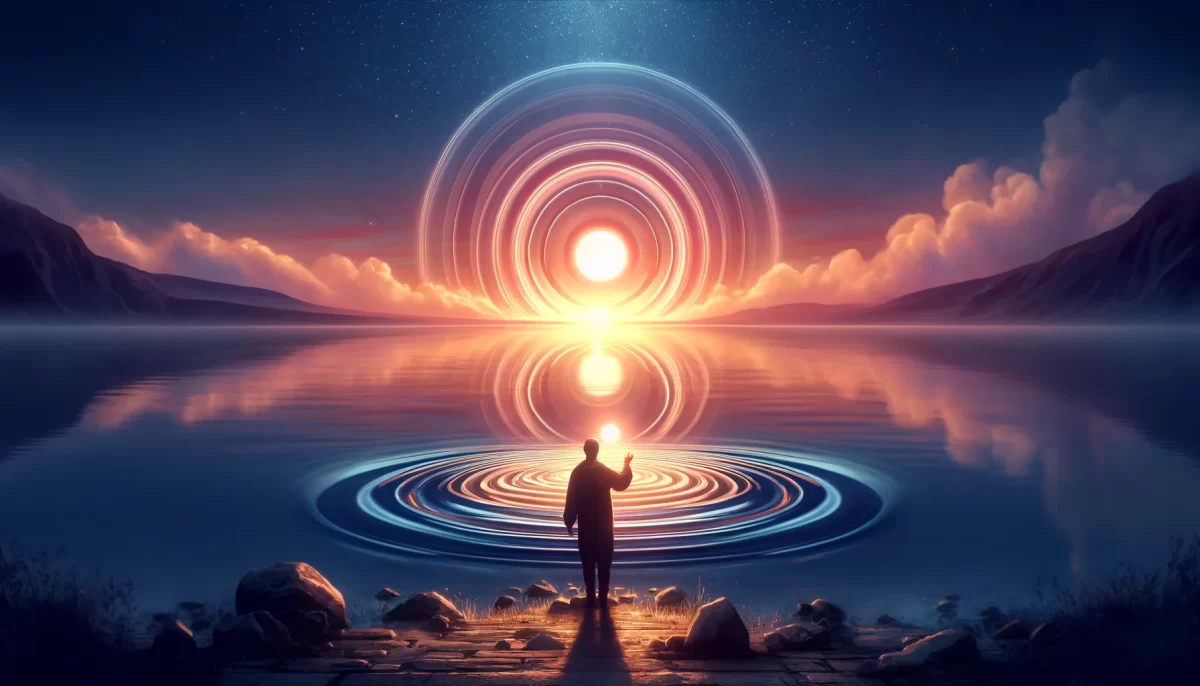
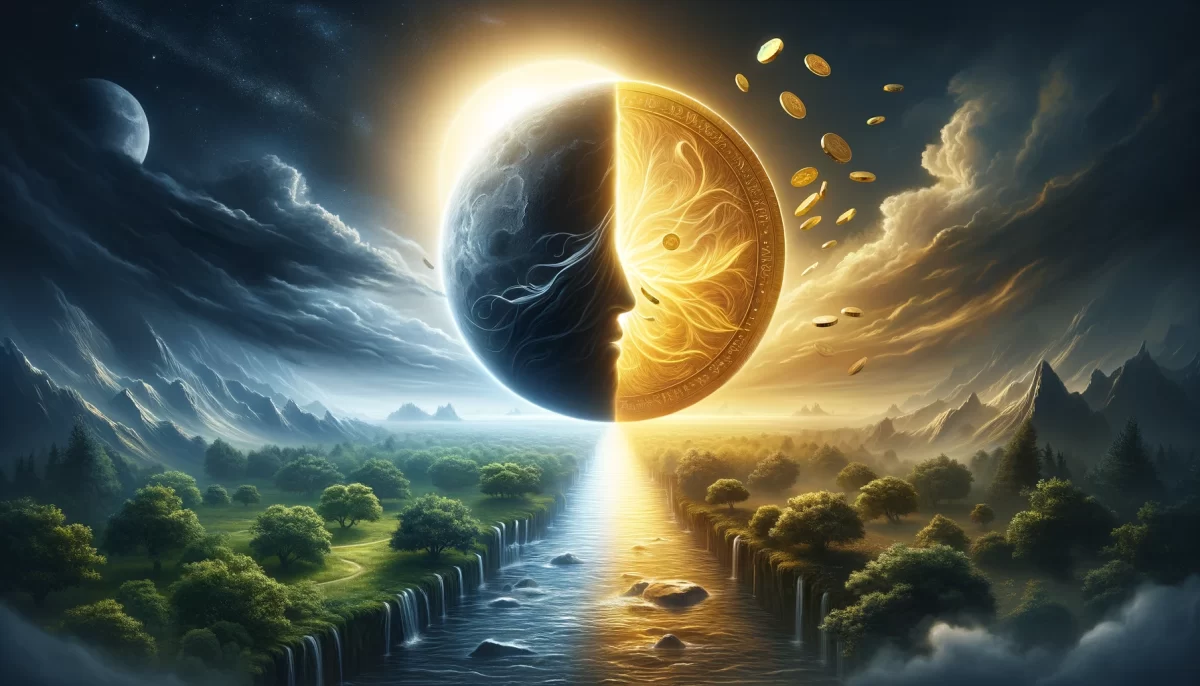
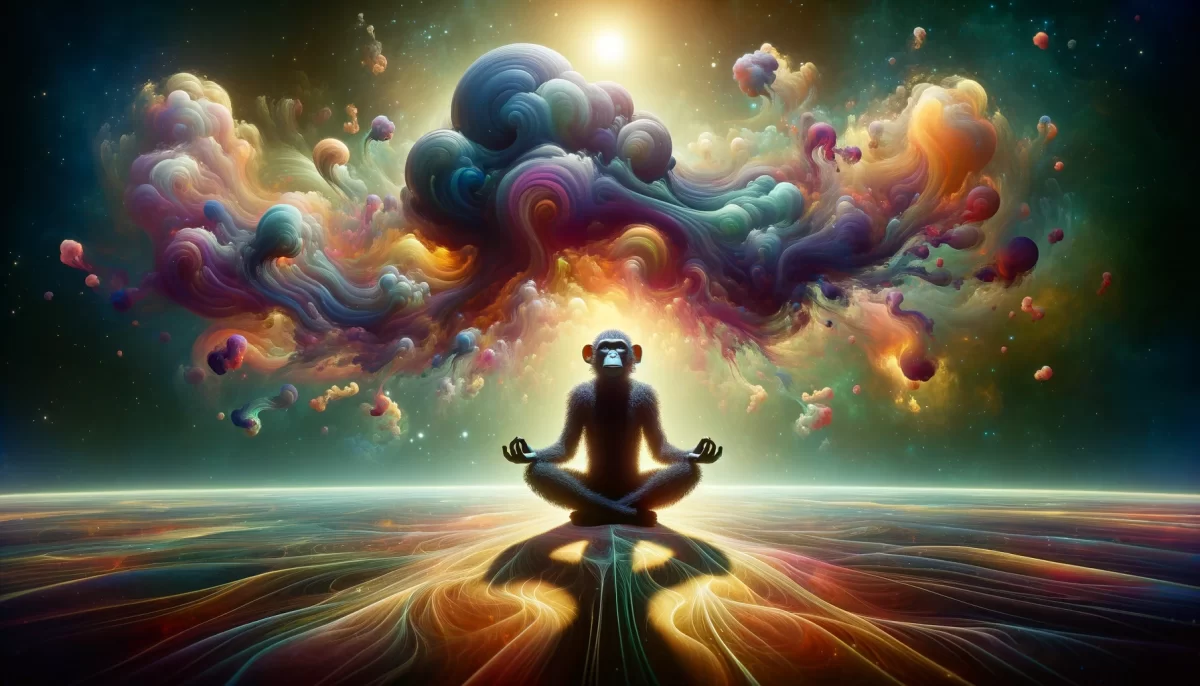
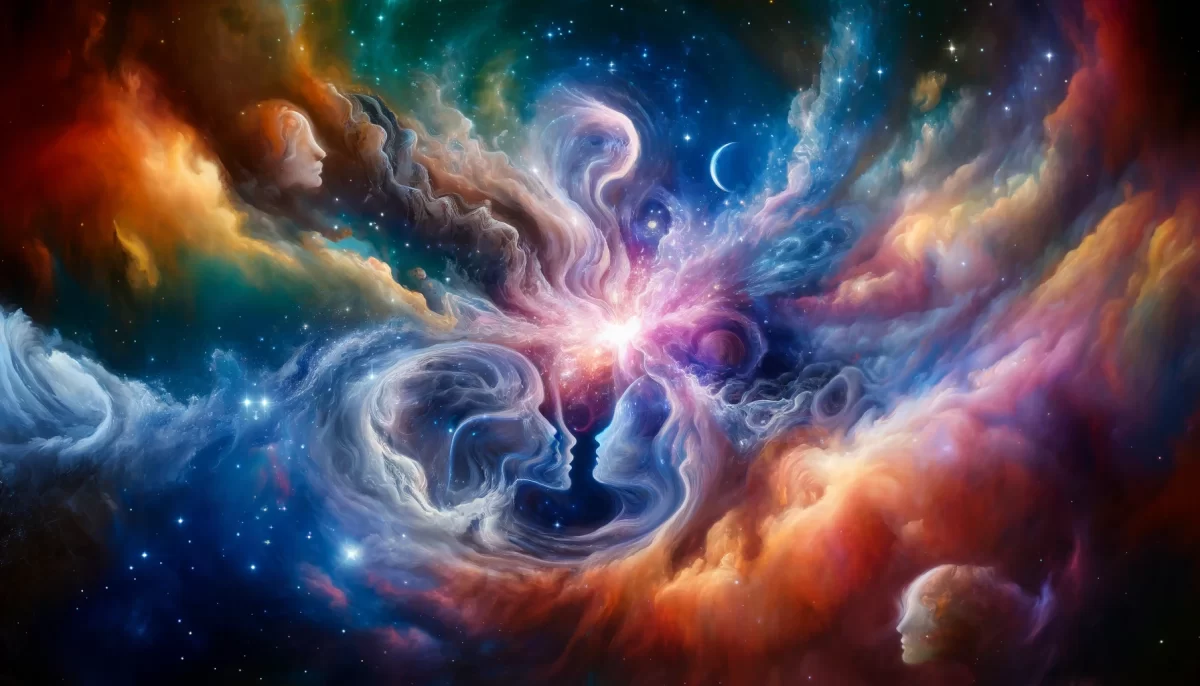
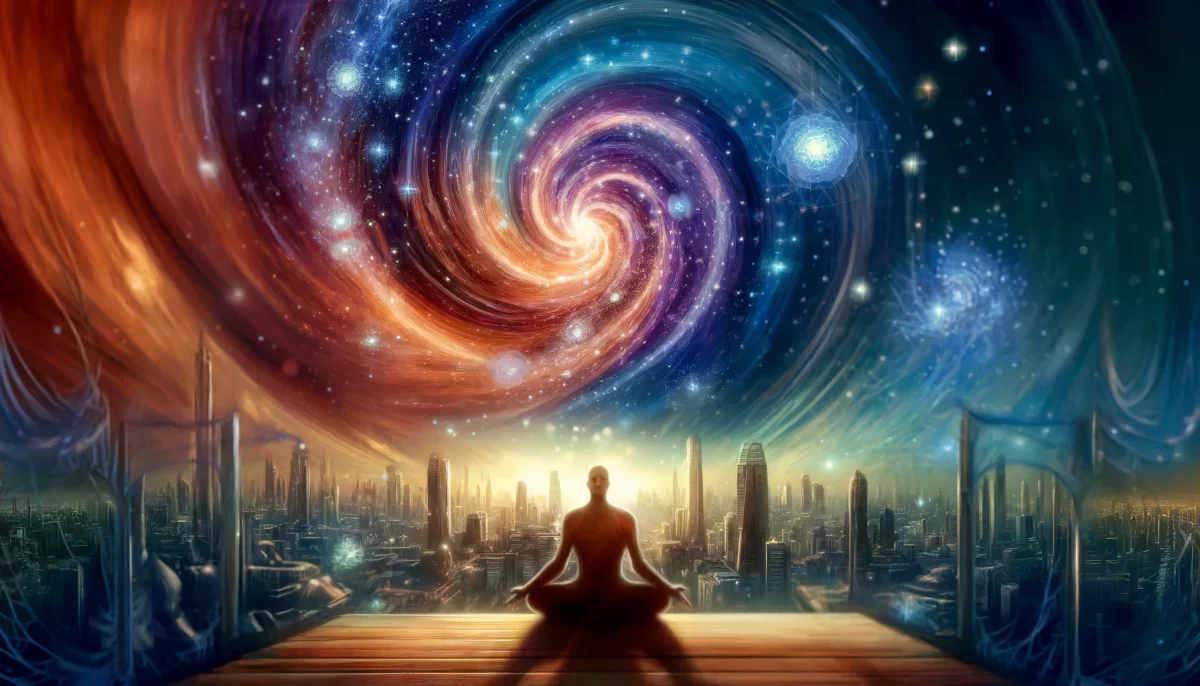
Leave a Reply